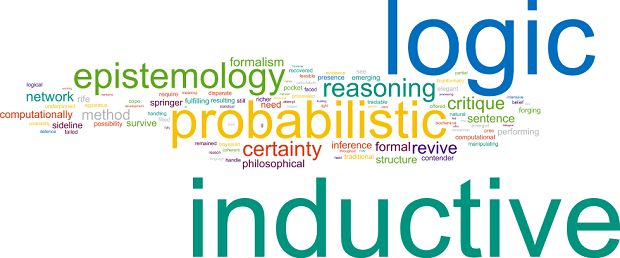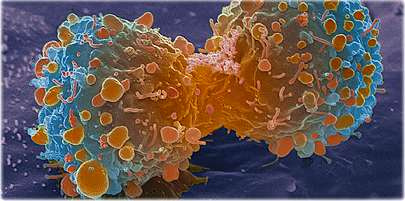It’s almost the last workday of 2014 for me today, and a busy last few weeks means that I’m looking forward to the Christmas break. All things being well, I’ll be able to spend some quality time with two books that I’ve been meaning to read for ages.
Some holiday reading…
 Götzsche, Peter. 2013. Deadly Medicines and Organised Crime. Radcliffe.
Götzsche, Peter. 2013. Deadly Medicines and Organised Crime. Radcliffe.
The first of these is not, I’m afraid, cheerful holiday reading. In fact, if you’d like a brief summary of the most important bit of Gotzsche’s argument, the title of a recent paper – Our prescription drugs kill us in large numbers – tells you most of what you need to know. The book follows on from this: page 1 begins with the quote “drugs are the third leading cause of death after heart disease and cancer.”
This is shocking stuff, which becomes even more troubling because of the lucid way that Götzsche lays out his evidence in support. The mechanisms by which drugs became so dangerous are largely down to the pharmaceutical industry. I’m planning a proper review of the book for some time in the new year, but by way of a taster, Götzsche argues that drug companies are largely free to mislead clinicians about both the safety and efficacy of drugs, and that this impunity has largely come about through a shortfall of regulatory oversight.
This brings me to my second lump (affectionately!) of holiday reading, which deals with the big-daddy of the pharma regulators: the FDA. Götzsche argues that the FDA has become an environment that is completely subordinate to the drug industry. But I think that there might be more to say on the historical side here. Luckily, so did Daniel Carpenter, whose book deals with just that.
 Carpenter, Daniel. 2014. Reputation and power: organizational image and pharmaceutical regulation at the FDA. Princeton University Press.
Carpenter, Daniel. 2014. Reputation and power: organizational image and pharmaceutical regulation at the FDA. Princeton University Press.
This book came out of the FDA project at Harvard. This seems surprising to me, given that the book itself was published by a different Ivy League press. But no matter what intrigue may have lead to this route of publication, I’m told that is a startlingly thorough and penetrating account of how the FDA came to be. Until I’ve spent much more time with it, though, I’ll hold off trying to summarise 700-odd pages of detailed argument.
A New Year’s resolution

Whatever you think of Peter Götzsche’s overall analogies between the pharmaceutical industry and members of the Soprano family, I think that trials conducted in secret have to be of concern. That’s why I’m also making a new-year’s resolution to be more vocal in my support of the AllTrials campaign. You can find out more on their website, but the least that you need to know is that…
AllTrials calls for all past and present clinical trials to be registered and their full methods and summary results reported.
I’m signing their petition, and urge you to sign too, largely because finding things out in medicine is already hard enough without concealed trial results.


 Götzsche, Peter. 2013.
Götzsche, Peter. 2013.  Carpenter, Daniel. 2014.
Carpenter, Daniel. 2014. 